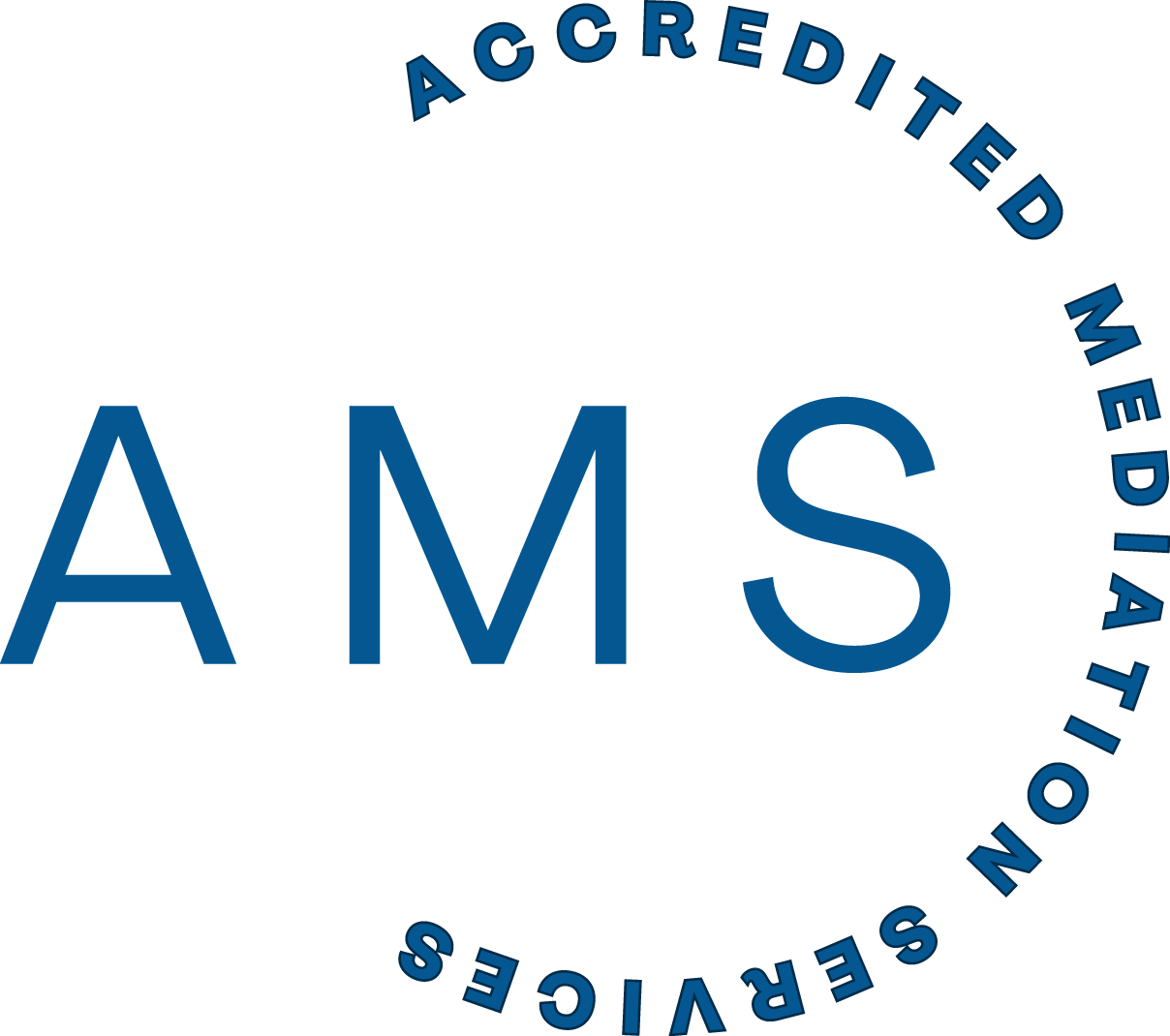Cultural and linguistic diverse disputants: The impact of culture on communication and negotiations.
At Mediator Hub we facilitate many discussions involving parties who are culturally and linguistically diverse.
While we are able to arrange for interpreters to join mediation (additional cost), an interpreter’s role is limited though, so who translates cultural and inherent communication during negotiations? What does this even mean?
There is no easy explanation about the influential factors of cultural differences in the course of negotiation and we acknowledge at Mediator Hub that there are many triggers which may impact upon party interactions with each other. That’s why we champion and include intake sessions in our services to prepare parties and mediators for the negotiation processes during mediation. One of the factors our mediators assess during intake sessions is cultural diversity so they can plan the right approach to inclusive practices and evaluate the potential for cultural barriers.
At Mediator Hub we quickly identify hidden behaviours which may stem from what participants have learnt from their community influences that often impact on the success of negotiations. Unless cultural diversity is identified accurately and accepted as a form of non-verbal communication, negotiations can de-rail the same way language barriers can make it difficult to understand each other.
Culture is inherent and we learn them from early childhood, it’s what forms our identity in the community in which we develop and connect with others. In disputes they can lead to different expectations that escalate opposing views, because of an uncommon hierarchy of values from another culture. A great example of this is where one culture values monetary riches and an ideological power because of everything large and big, another protects reputation or perception of this at all costs and other cultures champion the respect of community tradition and their elders. If there is little to no understanding and acceptance of cultural difference, the potential for agreement can narrow significantly. Once parties learn about what each other values, it’s easier to get to ‘Yes’.
At Mediator Hub our experienced, highly qualified mediators and family dispute resolution practitioners work with culturally and linguistically diverse parties to navigate across the borders of fundamental beliefs that shape the way in which individuals negotiate with each other.
At Mediator Hub we honour and acknowledge that collective communication approaches are the key to shifting mindsets to reach an agreed solution. Visit us at www.mediatorhub.com today to find out more about our services and expertise in mediation.

